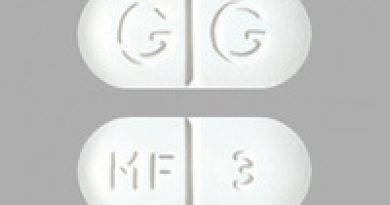Drug Improves Weight and A1c in Patients With or Without Diabetes
According to a study gauging the benefits of the diet drug Qsymia, those who took the drug not only lost weight, but also saw their A1c levels improve, even if they weren’t diabetic.
The results of the 56-week study following the weight loss journey of those taking extended-release Qsymia, a mix of phentermine and topiramate, were reported at the recent World Congress on Insulin Resistance, Diabetes and Cardiovascular Disease.
Those taking a low dose of the drug lost from 6.8 to 8.9 percent of their body weight, while those taking a high dose lost between 8.8 to 11 percent of their body weight, according to Dr. Tim Garvey of the University of Alabama at Birmingham and colleagues who conducted the study.
Those taking a placebo lost between 1.9 to 2.7 percent of their body weight, researchers said.
According to Garvey, those with both mild and severe diabetes saw significant reductions in A1c levels, while those with prediabetes saw modest A1c reductions.
“We got more pronounced decreases in more severe diabetes, which are significant,” Garvey said. “This reduction puts many of these patients with diabetes at the target of an HbA1c of 7 percent.”
The study was funded by VIVUS, the maker of Qysmia.
Qysmia is made of two different drugs, phentermine, which is in a drug class similar to amphetamines and is recommended as an appetite suppressant, and topiramate, a drug that has been traditionally used to treat epilepsy, bipolar disorder, and migraines, though it was approved in 2012 to be used with phentermine as a weight-loss drug.
According to the Food and Drug Administration, Qysmia can cause birth defects if taken during pregnancy, elevated heart rate, depression, changes in mood or suicidal thoughts, and serious eye problems that could result in permanent vision loss.




